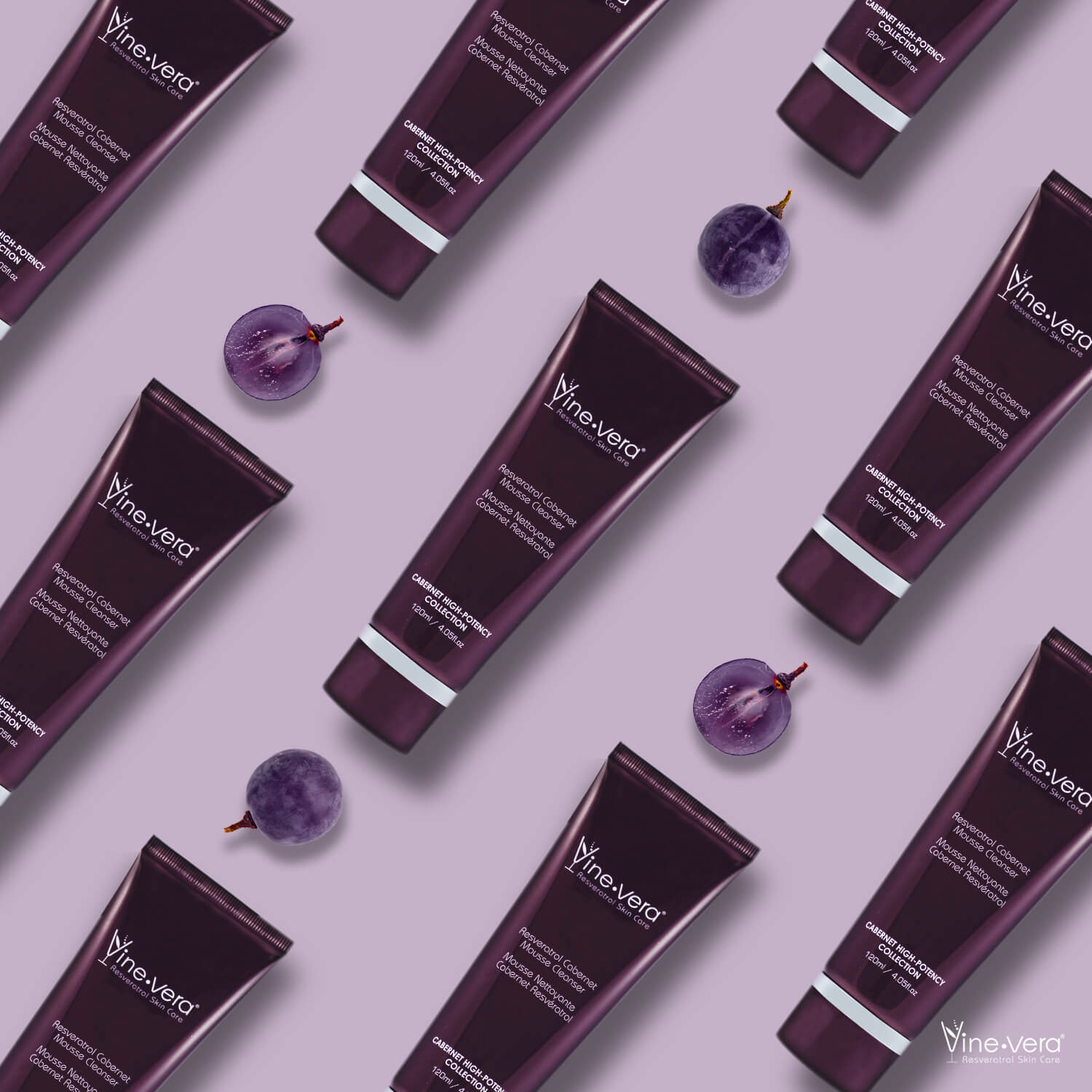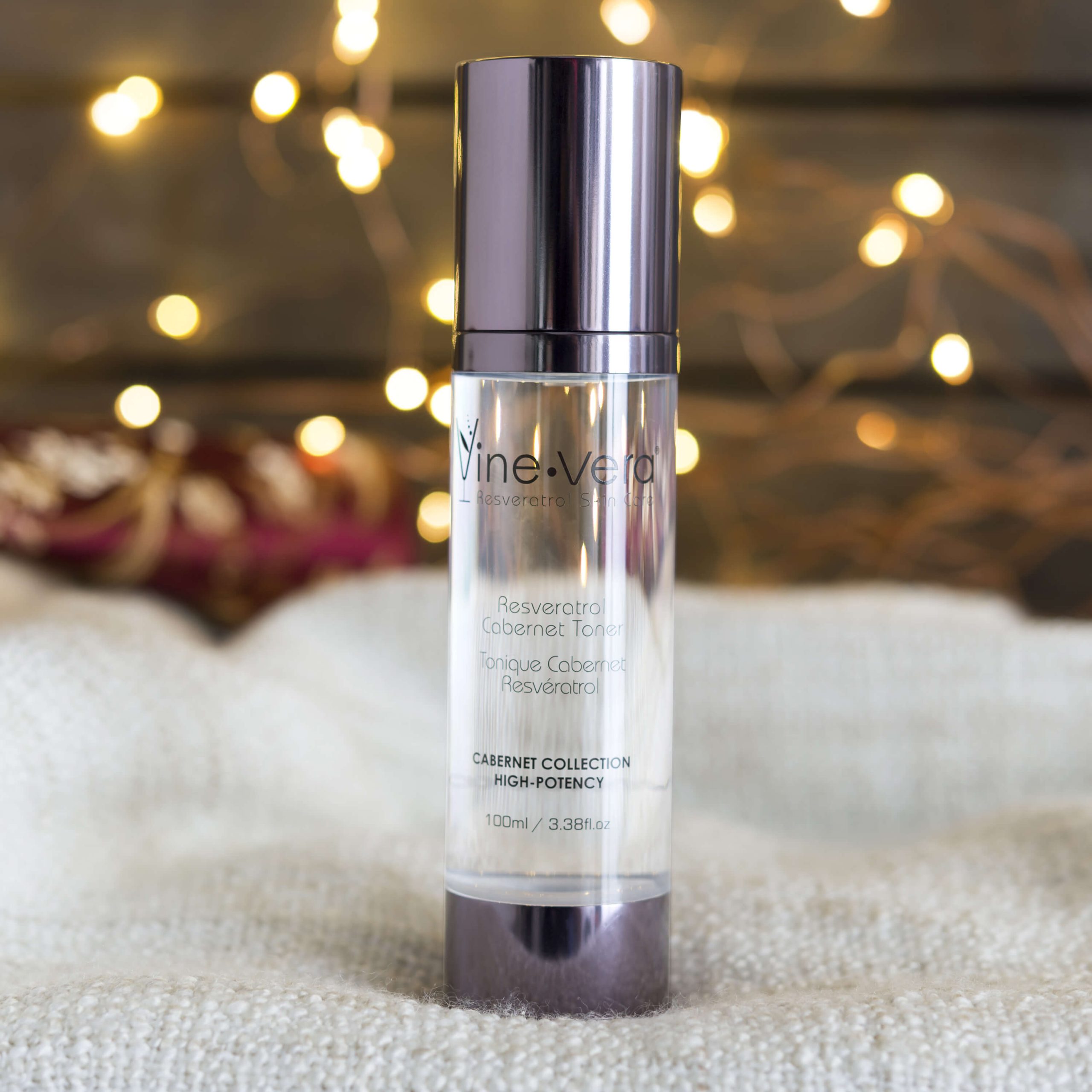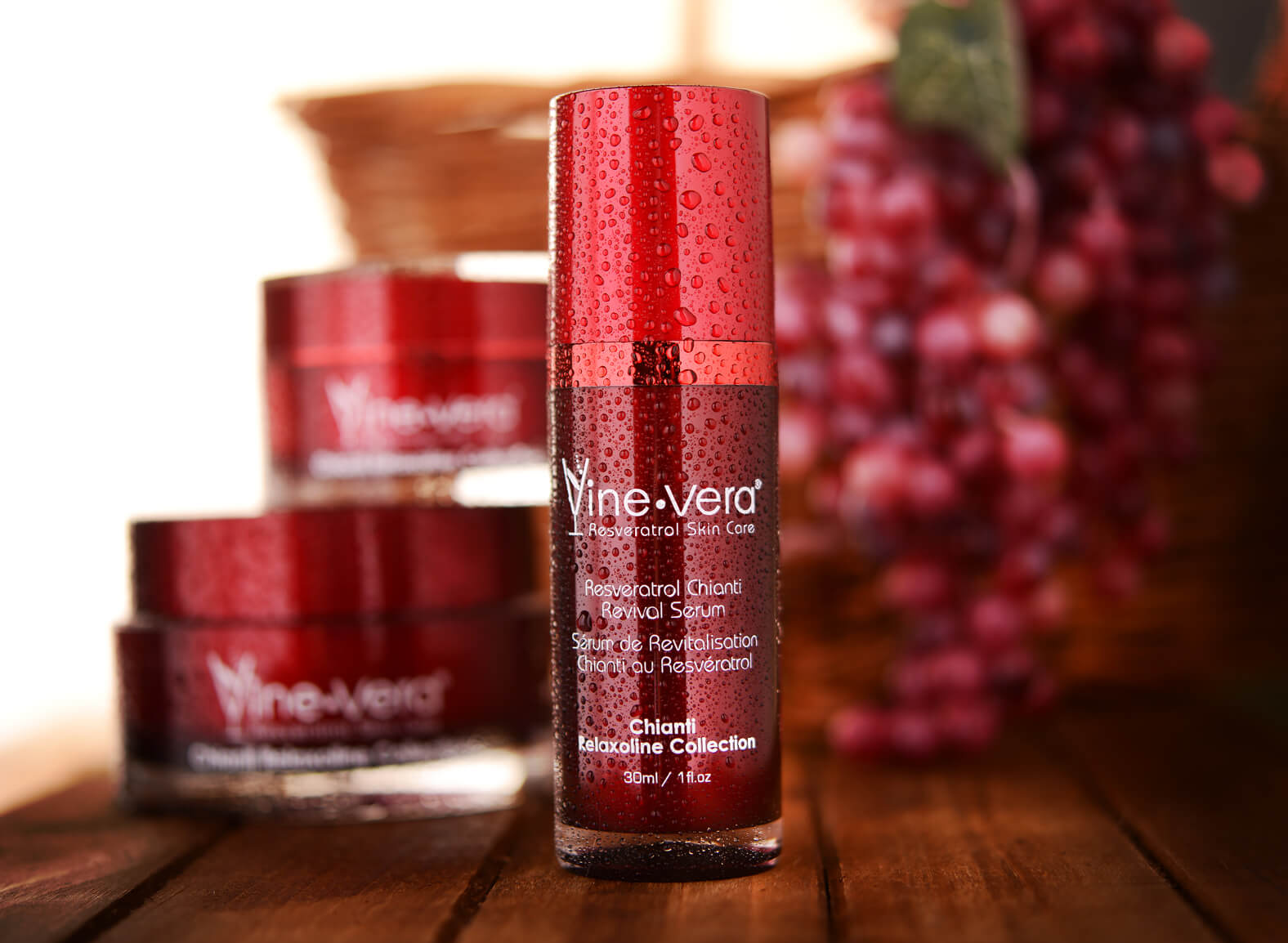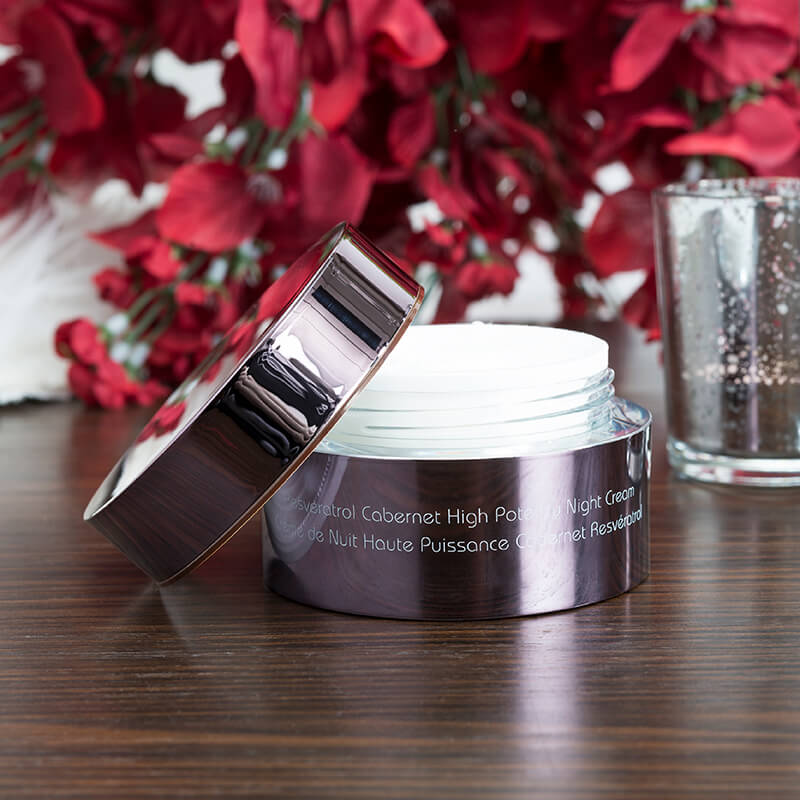Shocking Truth About Sulfates in Your Skincare

Take a look at the ingredient lists for your face cleanser, body wash, and shampoo and there’s a good chance that you’ll spot the word ‘sulfate’ somewhere on there. It’s a common addition to skincare and hair care products because the ingredient offers some undeniable benefits.
However, at the same time, there’s also a dark side to sulfates. Keep reading as Vine Vera explains why more and more dermatologists are advising against the use of sulfate-infused products, along with tips on how to choose better alternatives.
What Exactly Are Sulfates?
Sulfates are chemical compounds that are made from sulfuric acid. They’re revered for their surfactant properties, with surfactants being chemicals that form a lather to aid with cleansing. They work by reducing the surface tension of oils and water on the skin, enabling everything to be mixed together for easy removal.
Why Are Sulfates Used in Skincare?
The main reason why sulfates are used in skincare is because of their cleansing abilities. They form a thick lather that effectively removes debris, sebum, pollutants, and other impurities from the skin, leaving it feeling squeaky clean.
Sulfates also help to emulsify certain ingredients. Say, for example, a skincare formula contains both oil- and water-based ingredients. Without an emulsifier, these ingredients would separate within the product. The oil-based ingredients would float to the top while the water-based ingredients would sink to the bottom. With an emulsifier, such as sulfates, those ingredients remain as a single blend.
What’s the Problem With Sulfates?
So far, it’s easy to see why sulfates are so commonly used in cosmetic products, so what’s the issue?
A Compromised Skin Barrier
The main problem is that sulfates can be extremely irritating to the skin. Sure, they’re great at removing excess oil, but don’t forget that those oils also form a significant part of your skin’s natural protective barrier. If you strip away too much sebum, barrier function declines as a result.
This can then lead to a number of skin problems. A compromised skin barrier struggles to properly retain moisture, leaving the skin dehydrated. It also allows irritants to enter the skin more easily, triggering sensitivities.
A Disrupted pH
The skin’s natural pH is slightly acidic. This is essential for the skin to adequately maintain itself, keeping itself looking and feeling healthy.
However, sulfates lean toward the alkaline end of the pH scale. This means that when they’re used on the skin, they interfere with the skin’s natural pH, turning this more alkaline too. The result of this is a disruption to the skin’s natural microflora, ie. the healthy bacteria that keep your skin cells functioning optimally. Once this occurs, you could experience everything from excessive dryness and flakiness to irritation and sensitivities. Inflammatory skin disorders become more prevalent too, with everything from acne to eczema to rosacea flaring up.
Allergic Reactions
Allergic reactions can occur with just about every skincare ingredient out there. However, sulfate allergies are surprisingly common, although many don’t realize it.
If you experience an allergic reaction to sulfates, your skin will react with itching, hives, rashes, or even contact dermatitis.
Irritation to the Eyes
Sulfates coming into contact with your eyes spell bad news. The ingredient is known for causing eye irritation. As soon as it enters your eyes, you’ll feel your eyes stinging or burning – a sign that you should immediately rinse them out.
Ideally, no cleansers or any other products should be entering your eyes. However, if this is a common occurrence for you, then sulfates are well worth avoiding.
Unknown Concentrations
What makes things more confusing is that the amount of irritation that you’ll experience from using sulfates depends on the concentration of the chemical in a product. In very small amounts, you may not notice a difference in your skin.
However, some cosmetics are made up of almost 50% sulfates, and it’s these high numbers that cause an issue. Most skincare products don’t disclose the percentage of sulfates within them, but the fact that they tend to be found at the beginning of an ingredient list is not a good sign.
Do Sulfates Cause Cancer?
What about the rumor that sulfates cause cancer? This was disproved a while ago.
However, certain types of sulfates are commonly contaminated with 1,4-dioxane during their manufacturing process. This substance is known for causing cancer in laboratory animals.
What About Using Sulfates on Oily Skin?
While sulfates tend to be a big problem for those with sensitive or dry skin types, people with oily, acne-prone skin need to be wary about sulfates too. Sure, they may be great at removing the excess oil that your skin is sporting, but the dehydration they cause can sometimes stimulate the skin’s sebaceous glands. This leaves the skin feeling even greasier and, therefore, more prone to breakouts.
It doesn’t help that sulfates have a high comedogenic rating. This refers to how likely an ingredient is to clog pores. Although sulfate-infused products are rinsed off after a short period of time, any residue that happens to be left behind could end up diving into your pores and triggering a breakout.
The Environmental Impact of Sulfates
It’s not just your skin that can be negatively affected by sulfates. This chemical has an environmental impact too – one that many aren’t aware of.
For starters, some sulfates are made from palm oil, with palm oil production being a significant cause of both deforestation and pollution.
Once sulfate-infused products are washed down a drain, they then go on to have toxic effects on aquatic life.
Speaking of animals, it’s worth mentioning that sulfate skincare products usually undergo animal testing. This enables companies to measure exactly how irritating a formula is to the skin, eyes, and lungs. It goes without saying that animal testing is frowned upon these days, with more and more consumers choosing to buy products that haven’t been tested on animals.
The Different Types of Sulfates
If you’ve spotted sulfates on the ingredient lists of some of your cosmetics, you may have noticed that the ingredient is used in a few different forms. Two of the most common are sodium lauryl sulfate (SLS) and sodium laureth sulfate (SLES).
They both function in the same way when it comes to producing a thick lather that cleans the skin. Both ingredients bind to the proteins on the surface of the skin, but SLS does this to a greater extent. This means that, although both ingredients can cause irritation, SLS tends to trigger more of this.
Shopping For Sulfate-Free Products

Fortunately, with people increasingly recognizing the irritation that sulfates can cause, there are now plenty of alternatives out there, making it easy to bag yourself some sulfate-free products.
Sometimes, you’ll notice that products advertise themselves as being sulfate-free. However, even if they don’t, it’s worth checking out a product’s ingredient list to see whether or not you can spot the word ‘sulfate’ on there.
Are there any other surfactants that compare to the efficacy of sulfates?
For sure, and the Vine Vera Resveratrol Cabernet Mousse Cleanser is a great example of this. This cleanser makes use of coconut-derived surfactants, such as sodium cocoyl glycinate, instead of sulfates. It’s an amino acid-based surfactant, making it more biocompatible with the skin than sulfates. It’s much gentler on the skin too, yet it’s still able to produce a luxurious lather. Even better, amino acid-based surfactants are so much more sustainable since they’re derived from renewable natural ingredients. They’re easily biodegradable too while being non-toxic to the environment.
Reducing the Appearance of Damage Caused by Sulfates
If you believe that sulfates could be the reason behind the skin problems that you’re dealing with, then it goes without saying that you need to stop using those sulfate products immediately. Finding sulfate-free alternatives is imperative.
However, what should you do about the damage that sulfates have already potentially caused to your skin?
The key is to work on ensuring that your skin barrier feels strong and fortified. After all, this is the part of your skin that takes the biggest beating from sulfates:
Restore the pH of Your Skin’s Surface

Start by using a toner after cleansing your skin, even if you’re using a sulfate-free cleanser. The right toner will help to rebalance the pH on the surface of your skin, which will go a long way in rectifying some of the visible skin concerns that you may be dealing with.
Ideally, look for a toner that also hydrates to counter the dehydration that sulfates may have caused. A formula like the Vine Vera Resveratrol Cabernet Toner, which is infused with a number of hydrating ingredients and complexion-soothing botanicals, would be perfect!
Add Peptides and Sodium Hyaluronate to Your Skincare Routine

Certain ingredients are fantastic for boosting the feel of the skin barrier, with peptides and sodium hyaluronate being at the top of the list. Both work in very different ways but the results are similar – your skin barrier will feel much more resilient and capable of functioning to the best of its abilities.
Since you don’t want to further irritate your skin barrier, avoid adding too many new products to your skincare routine. Instead, look for a formula that combines peptides and sodium hyaluronate, such as the Vine Vera Resveratrol Chianti Revival Serum. It’s packed with several other beneficial ingredients too, including seaweed extract, green tea extract, and a variety of vitamins.
Keep Your Skin Moisturized

A moisturizer is a great way to strengthen the feel of your skin barrier. It essentially forms a barrier of its own over the skin’s surface, leaving the skin feeling better protected.
For daytime use, the Resveratrol Cabernet Replenishing Moisture Cream SPF 30 would be a good move. Not only is this moisturizer brimming with antioxidants, but it will also protect your skin from UV damage, something that your damaged barrier will be leaving you more susceptible to.
In the evenings, go with a richer cream, such as the Resveratrol Cabernet High Potency Night Cream. You’ll wake up with skin that feels beautifully soft and supple!
Summary
It can be shocking to find out that such a common skincare ingredient could be playing havoc with your complexion. However, now that you know about the potential dangers that sulfates can cause, you’ll be better equipped to avoid them, instead opting for alternatives that are much kinder to your skin!
Click here to shop for more sulfate-free skincare products from Vine Vera.




 A.U.
A.U. B.R.
B.R. C.A.
C.A. M.X.
M.X. C.H.
C.H.


